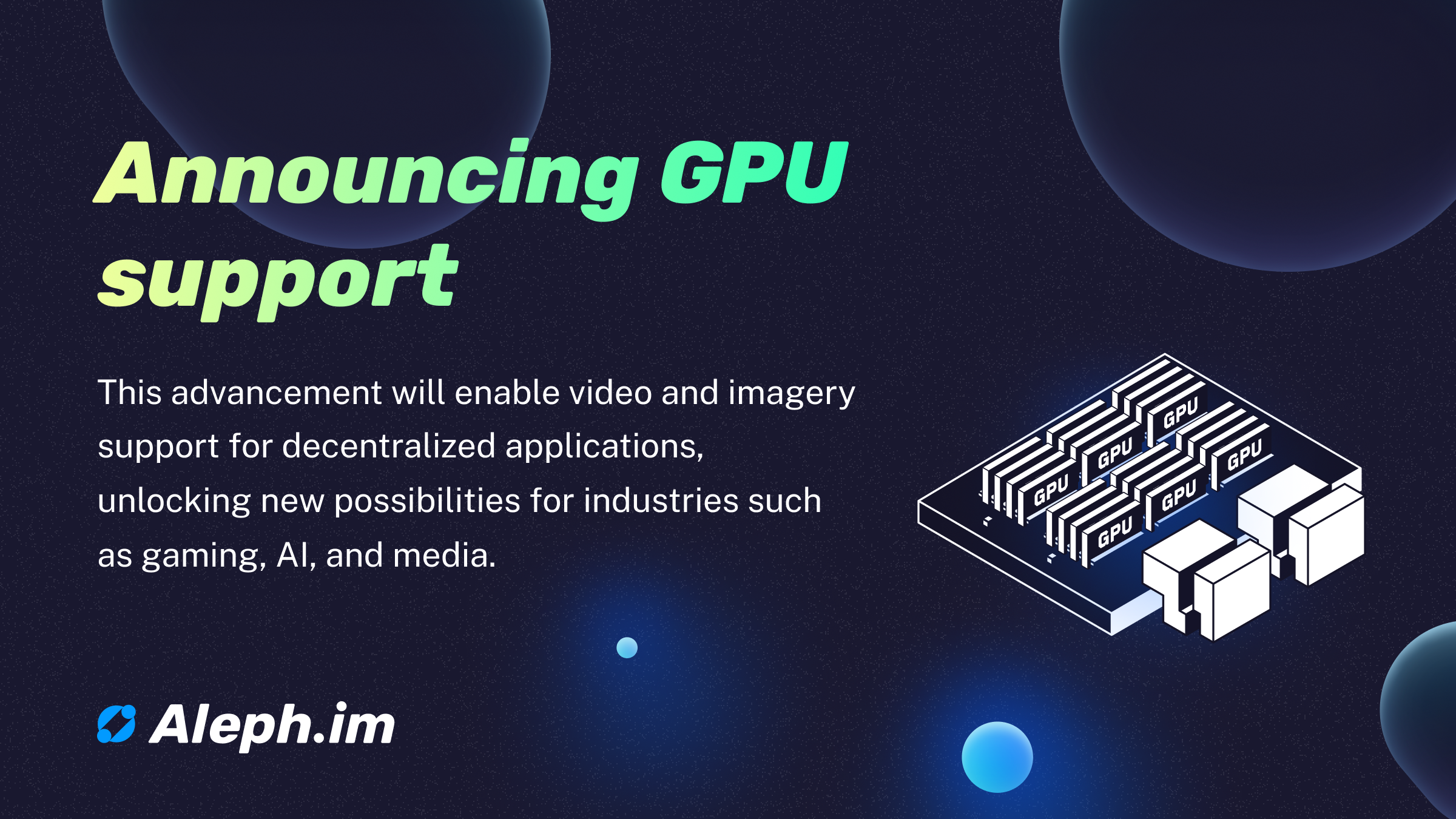The DePIN Explorer - DePIN Scan
Trending 🔥
DePIN Market Cap
$37,853,789,139
+5.4%
Volume
$16,291,188,932
-6.7%
DePIN Projects
295
DePIN Devices
19,368,589
DePIN Projects
DePIN Scan is the explorer for DePIN crypto projects. There are 295 DePIN Projects with a combined DePIN market cap of $37,853,789,139 and total DePIN devices of 19,368,589. Click into the projects below to learn how to start earning passive income today.
Project | Token | Category | Social Following | Market Cap | Token Price | 24h Trade VOL | 1D | 7D | 30D | Total Devices | Favorite | Last 7 days |
|---|---|---|---|---|---|---|---|---|---|---|---|---|
 | SOL | Chain | 2,931,309 | $110,783,932,711 | $231.19 | $7,149,621,687 | +5.3% | -1.2% | +4.4% | - | - | |
 | RNDR | ServerAI | 211,074 | $5,126,098,266 | $9.9 | $444,010,610 | +11.6% | +1.7% | +33.7% | - | 2 | |
 | FIL | Server | 667,709 | $4,263,711,738 | $6.98 | $795,608,857 | +14.6% | -13.5% | +59.9% | 3,553 | 2 | |
 | THETA | ServerAI | 271,975 | $2,741,793,863 | $2.74 | $138,577,225 | +11.4% | -7.8% | +77.3% | 5,885 | - | |
 | HNT | Wireless | 215,635 | $1,465,954,189 | $8.39 | $31,065,528 | +3.2% | +0.3% | +28.2% | - | 1 | |
 | AKT | ServerAI | 120,874 | $1,023,925,684 | $4.13 | $25,057,237 | +12.5% | -1.1% | +29.8% | 472 | 1 | |
.jpg) | GRASS | ComputeAI | 525,726 | $783,408,948 | $3.22 | $168,021,616 | +16.0% | +14.1% | +1.2% | - | 1 | |
.jpg) | IO | ComputeAI | 513,270 | $550,284,018 | $4.38 | $783,523,361 | +26.2% | +35.7% | +69.0% | - | - | |
 | IOTX | Chain | 309,901 | $480,572,678 | $0.05092 | $48,215,203 | +12.3% | -14.6% | +13.0% | - | 9 | |
 | ATH | Compute | 849,608 | $468,811,632 | $0.08975 | $137,884,252 | +19.0% | +27.1% | +41.6% | - | - | |
 | PEAQ | Chain | 280,041 | $412,535,131 | $0.6398 | $96,028,365 | -7.1% | +45.3% | - | - | - | |
.jpg) | NOS | ComputeAI | 59,375 | $342,236,069 | $4.1 | $6,609,749 | +9.2% | +0.4% | +1.0% | - | - |

an hour ago
Exabits Raises $15 Million in Seed Round Led by Hack VCExabits, a crypto-AI startup focusing on tokenizing GPUs, has successfully raised $15 million in a seed funding round led by Hack VC. This funding round has propelled Exabits' valuation to $150 million. The startup, co-founded by Dr. Hoansoo Lee, initiated fundraising in July and concluded the round in October. While the specific investors beyond Hack VC remain undisclosed, Lee mentioned that a token launch is on the horizon. With this seed funding, Exabits has accumulated a total of $20 million in funding, building upon previous rounds earlier this year.
Exabits' primary objective is to decentralize computing by tokenizing GPUs, which it considers as 'the currency of the digital age.' Lee emphasized the exponential growth potential of GPU compute performance compared to traditional assets like bitcoin and gold. The startup's unique GPU tokenization model aims to provide direct exposure to GPU compute assets, fostering a liquid market, revenue generation, and rewards for token holders. Despite the token not being launched yet, Exabits has witnessed substantial revenue growth, with a 300% quarterly increase on average, amounting to $10 million in annual recurring revenue (ARR).

15 hours ago
Aleph.im integrates GPUs to power advanced decentralized AIThe integration of confidential decentralized computation (CDC) and GPU acceleration is transforming the landscape of secure and efficient data processing. These technologies offer a groundbreaking approach to protecting sensitive information while achieving unparalleled computational performance. By harnessing CDC to ensure data privacy and leveraging GPUs for high-speed processing, we can securely manage and analyze data across distributed networks, unlocking new possibilities for innovation.
## Confidential Decentralized Computation
[Confidential decentralized computation](https://www.twentysix.cloud/blog/articles/confidential-virtual-machine-overview/), or CDC, is a paradigm shift in data processing. It enables secure computation on sensitive data without compromising its privacy. By leveraging cryptographic techniques and secure hardware enclaves, CDC ensures that data remains encrypted throughout the entire computation process, even from the computing nodes themselves. This approach mitigates the risk of data breaches and unauthorized access.
The Power of GPUs, originally designed for rendering graphics, have evolved into powerful parallel processing engines. Their ability to perform numerous calculations simultaneously makes them ideal for accelerating a wide range of computational tasks, from machine learning and scientific simulations to data mining and cryptography.
By integrating GPU acceleration into CDC, we can unlock the full potential of both technologies. This combination offers several significant advantages:
* Enhanced Privacy: CDC ensures that data remains encrypted during computation, while GPU acceleration can be used to perform complex cryptographic operations efficiently.
* Improved Performance: GPUs can significantly accelerate the execution of computationally intensive tasks, such as training large machine learning models or breaking cryptographic ciphers.
* Scalability: CDC can be scaled across multiple nodes, and GPU acceleration can be used to distribute the workload among these nodes, further improving performance and scalability.
* Reduced Latency: By offloading computationally intensive tasks to GPUs, we can reduce the overall latency of the computation process.
### Our approach: QEMU Hypervisor and PCI-Passthrough
To realize the benefits of CDC and GPU acceleration, we employed a novel approach using the [QEMU hypervisor](https://www.qemu.org/) and PCI-passthrough technology. This approach allows us to securely isolate GPU resources within a confidential computing environment.
* QEMU Hypervisor: QEMU, a versatile virtualization platform, provides a secure and isolated environment for running virtual machines. By leveraging QEMU’s capabilities, we can create a trusted execution environment (TEE) for confidential computation.
* PCI-Passthrough: PCI-passthrough enables direct access to hardware devices, such as GPUs, from within a virtual machine. This allows us to harness the full power of the GPU for accelerating computations within the TEE.
By combining QEMU and PCI-passthrough, we can create a powerful and flexible platform for [confidential decentralized computation](https://aleph.im/) with GPU acceleration. This approach offers a high degree of security and performance, making it suitable for a wide range of applications, including:
* Secure AI and Machine Learning: Training and deploying machine learning models on sensitive data without compromising privacy.
* Private Data Analytics: Analyzing large datasets while preserving data confidentiality.
* Blockchain and Cryptocurrency: Securing blockchain transactions and mining operations.
* Secure Remote Rendering: Rendering complex graphics and virtual reality experiences remotely without exposing sensitive data.
### Conclusion
The combination of confidential decentralized computation and GPU acceleration marks a pivotal advancement in secure and efficient data processing. By capitalizing on the strengths of these technologies, we can tackle pressing challenges in data privacy, security, and computational performance. Our innovative use of QEMU and PCI-passthrough offers a flexible and scalable framework, unlocking the transformative potential of secure data computation across diverse applications.

a day ago
JOINER Project: Paving the Way for 6G and Beyond in the UKThe telecom industry is on the brink of a transformative era with the advent of 6G technology, which promises to redefine connectivity and innovation. The JOINER project, the UK’s first national accelerator program for 6G and beyond, aims to unite researchers, businesses, and government entities to address significant challenges in the telecom sector. By fostering collaboration and breaking down silos, JOINER creates a shared platform that facilitates resource sharing and the development of innovative solutions, ultimately driving the industry forward.
A standout feature of the JOINER initiative is the implementation of Hypervisor as a Service (HaaS), based on Weaver Labs’ Cell-Stack software. This service introduces a layer of cloud automation that simplifies the management of complex Telco-Cloud platforms, such as Kubernetes and OpenStack. By enabling zero-touch deployment and management, HaaS allows researchers to concentrate on innovation without the burden of technical complexities associated with cloud infrastructure. This streamlined approach enhances collaboration and accelerates the development of new technologies, positioning the UK as a leader in telecom innovation.
JOINER's mission extends beyond HaaS, as it aims to facilitate large-scale research, create shared telecom testbeds, and foster collaboration among various stakeholders. With plans to host experiments across multiple interconnected locations and deliver the UK’s first full-scale 6G demonstration by March 2025, JOINER is set to play a pivotal role in shaping the future of telecom. By training the next generation of professionals and strengthening the UK's leadership in global telecom standards, JOINER, supported by Weaver Labs, is paving the way for a smarter, more connected world powered by 6G and beyond.

a day ago
Navigating Privacy in Digital Marketing: The Role of Web3 TechnologiesIn the evolving landscape of digital marketing, the tension between delivering personalized experiences and respecting user privacy is becoming increasingly pronounced. Marketers are often likened to oil drillers, eager to extract value from data but sometimes neglecting the ethical implications of their actions. The recent missteps by companies, such as Kaiser Permanente's accidental sharing of private health information affecting millions, highlight the urgent need for a shift towards privacy-first strategies. As consumers grow more cautious about their personal information, the challenge for marketers is to balance innovative data protection methods with business objectives.
Web3 technology presents a transformative opportunity for marketers to rebuild trust with consumers by prioritizing privacy and consent. Traditional marketing practices, often perceived as intrusive, are losing their effectiveness as users demand transparency and control over their data. Issues such as data breaches and lack of user consent are driving customers away, leading to a loss of trust that can be devastating for brands. The Ticketmaster data breach serves as a stark reminder of the consequences of failing to protect user data, emphasizing the need for a new approach that respects user rights and fosters loyalty.
iExec's R3ach tool exemplifies how marketers can navigate this complex landscape by implementing privacy-first strategies. By utilizing confidential computing technologies, R3ach enables secure communication with users without accessing their personal information. This innovative solution not only facilitates targeted marketing campaigns but also empowers users by allowing them to control their data-sharing choices. As brands embrace these privacy-centric practices, they can reclaim consumer trust and establish long-lasting relationships, ultimately positioning themselves for success in a privacy-conscious market.
Signup for latest DePIN news and updates
.png)




.png)


